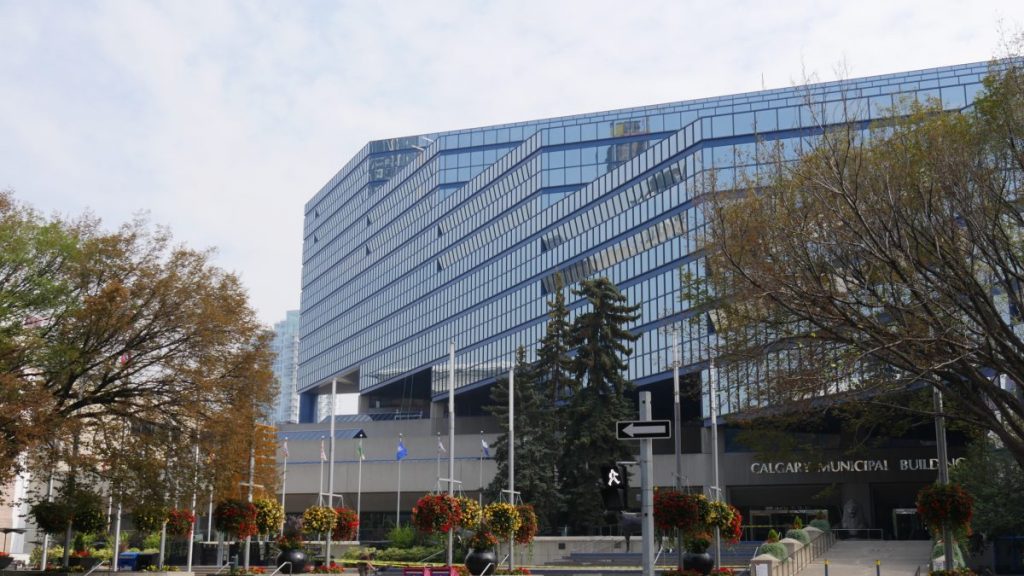Class action lawsuit launched for families of students who died at residential schools
Posted Jul 7, 2021 6:57 pm.
Last Updated Jul 7, 2021 8:23 pm.
CALGARY — A Calgary law firm is looking to take the federal government to court — filing a class-action lawsuit on behalf of the families whose loved ones died in residential schools.
“I felt emotional. I went through grieving and getting angry. And I get emotional talking about it too,” said Violet Good Eagle, whose sister died at a residential school.
Violet Good Eagle and her husband Floyd are spearheading the lawsuit. Both had siblings who died at residential schools — older siblings they weren’t told about until later in life.
Floyd says his two brothers were forcibly taken away. His dad went to see why they didn’t come back.
“It must have been quite a shock for my dad and eventually my mom when he was told that ‘your boys are passed away and they’re buried in an unmarked grave someplace’. And then he was told, (if) he made anything more, wanted more information, he would actually get in trouble with the law,” Floyd said.
READ MORE:
- Canada’s first Inuk governor general, Mary Simon, sparks hope for new relationship
- Report outlined reality of residential school deaths years before recent discoveries of unmarked graves
- AFN to honour children who perished at residential school ahead of vote for new chief
This legal challenge follows class action settlements for survivors of the schools.
“The previous action was about those who survived the experience,” said Matthew Farrell with Guardian Law Group. “This one is about those who did not and their families.”
They’re seeking $200 million to find the burial sites, memorialize them, and provide counselling to the families.
“All I want on behalf of the other children, I’d like to see the people held accountable for what happened,” said Floyd. “Although, a lot of people have passed away, including the people that were directly responsible for it. All we want is a closure and to send the brothers and sisters to have a proper funeral, a proper burial to set their spirits free.”
The Truth and Reconciliation Commission of Canada estimates that 150,000 children attended residential schools, and four to six thousand died, about a third of which were not recorded by name. The Commission found there was no cause of death given in about half of the deaths recorded.
“Whether a child’s death was wrongful or not, the approach was the same: no information was given. And this made things worse because every family is then left with questions and has to deal with the possibility that their loved one was abused and killed by a system that they fear,” said Farrell.
Farrell is now waiting for the courts to certify the class-action suit.










